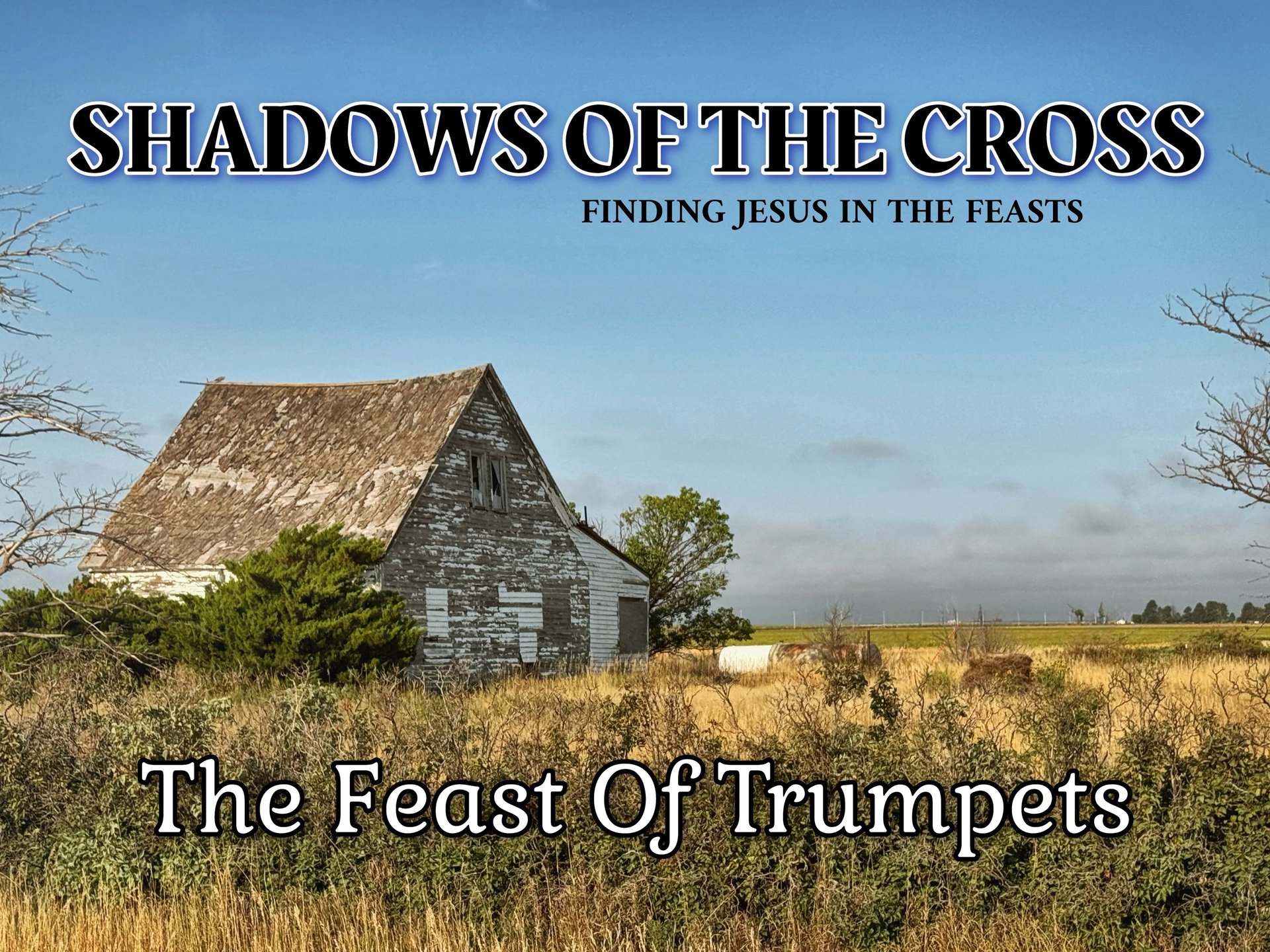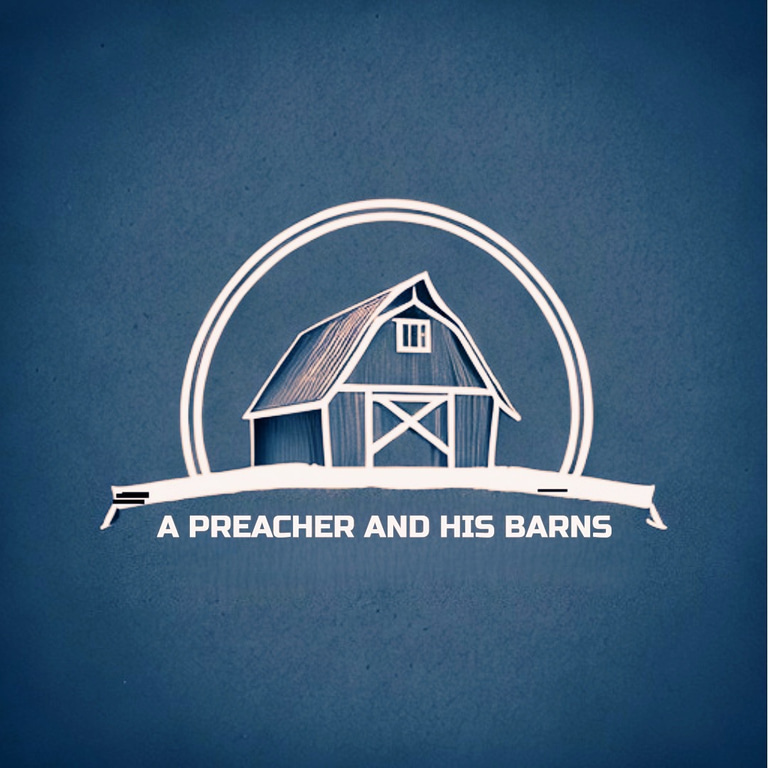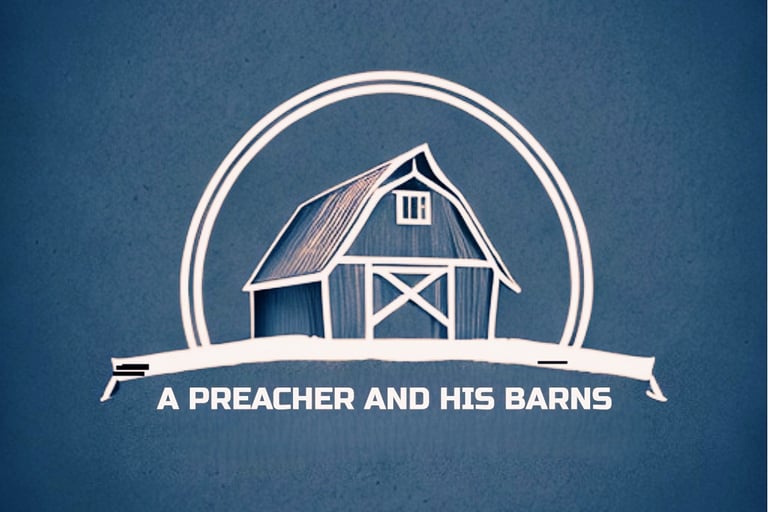The Feast of Trumpets
Just like in many other cultures, the arrival of the New Year is a time of remembering the past and contemplating the future.


The Feast of Trumpets (Yom Teruah and Rosh Hashanah)
• Biblical Reference: Leviticus 23:23–25; Numbers 29:1–6
• Hebrew Date: 1st day of the seventh month (Tishri)
• Gregorian Equivalent: September–October
I was going to write about the Feast of Unleavened Bread today, but I’m going to make a quick change of schedule. Although the Feast of Unleavened Bread and Passover are intimately linked, the fall feasts are actually taking place right now, so let’s take a look at Rosh Hashanah, which begins tomorrow.
Also known as the Feast of Trumpets, or Yom Teruah, it is first mentioned in Leviticus 23:23–25 and Numbers 29:1–6. It was a sabbath rest marked by the blowing of shofars (ram’s horns), offerings, and sacred assembly. Yom Teruah means “day of shouting or blasting,” referring to the sound of trumpets/shofars.
So, why all the different names? There are actually two holy days happening at once. The Feast of Trumpets is a biblically mandated holy day, but it occurs at the same time as the civic holiday, the Jewish New Year. Over time, the two events have become intertwined and are celebrated together. They share a common theme: bringing the nation to a point of introspection and change.
Just like in many other cultures, the arrival of the New Year is a time of remembering the past and contemplating the future. It’s a time to think about life—successes and failures, highs and lows, wins and losses, good and bad. While some cultures party and celebrate, the Jewish tradition is to honor God by remembering and being thankful.
The sounding of the trumpet is a spiritual wake-up call. It’s a call to prayer and to action. You can see how these two special days come together to create a unique opportunity to look inward, remember God, evaluate our lives, and look forward in hope and expectation.
Rosh Hashanah is a time for joy and hope, yet it rests on repentance and the promises of God.
Tomorrow, we’ll look at the incredibly powerful time of transformation and commitment known as the “Ten Days of Awe.” Those ten days are what the trumpets and the new year are all about.


